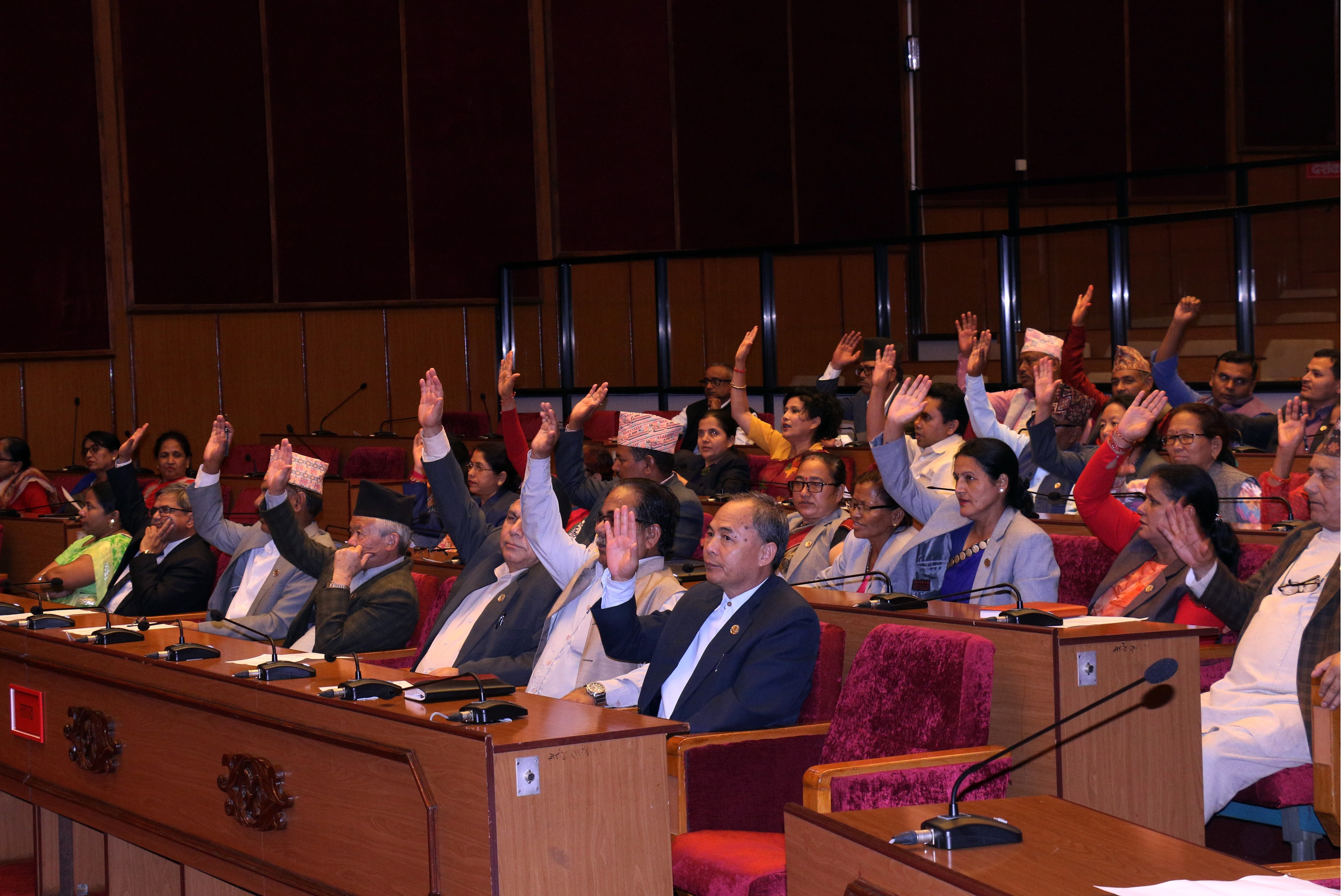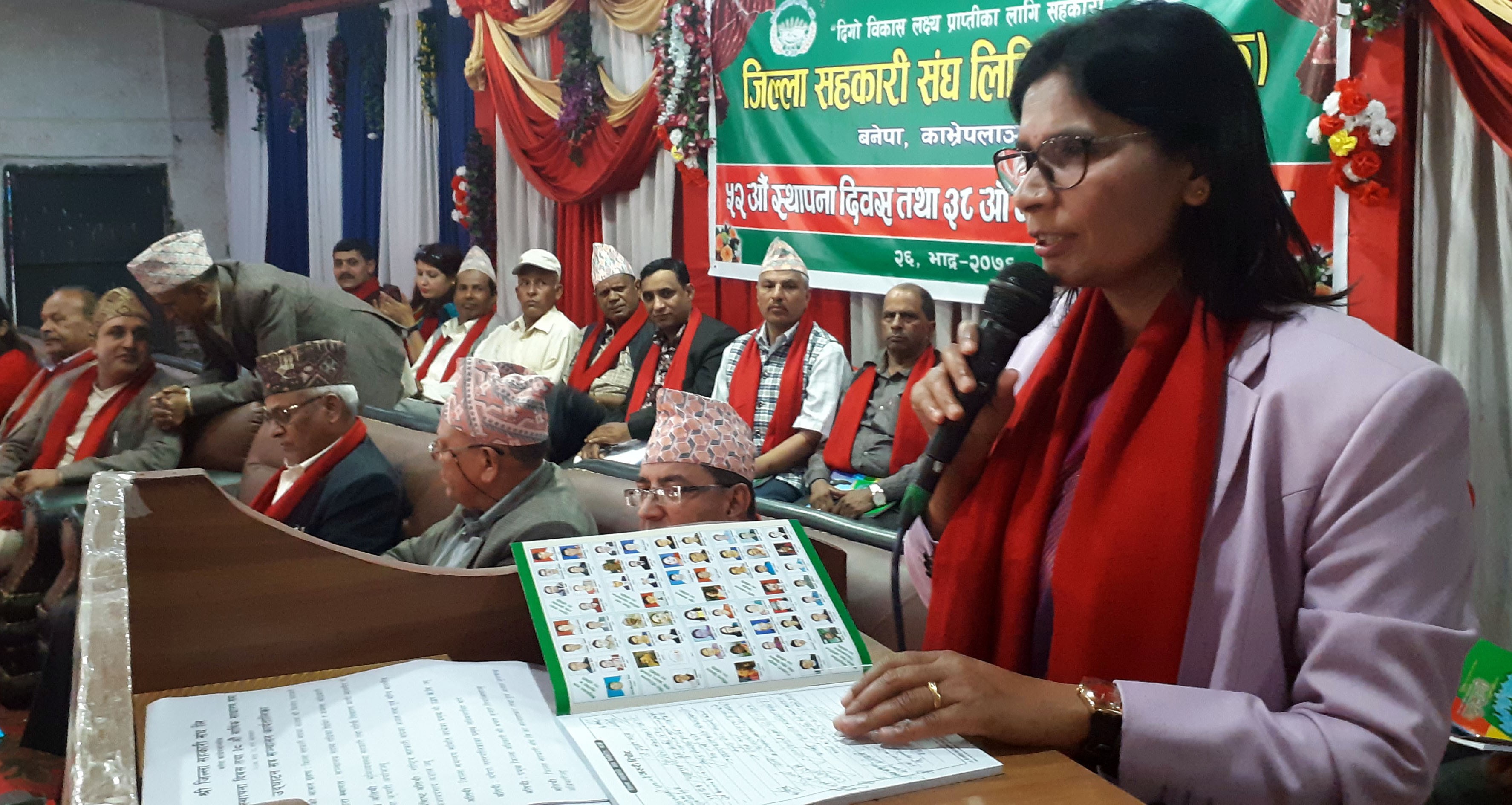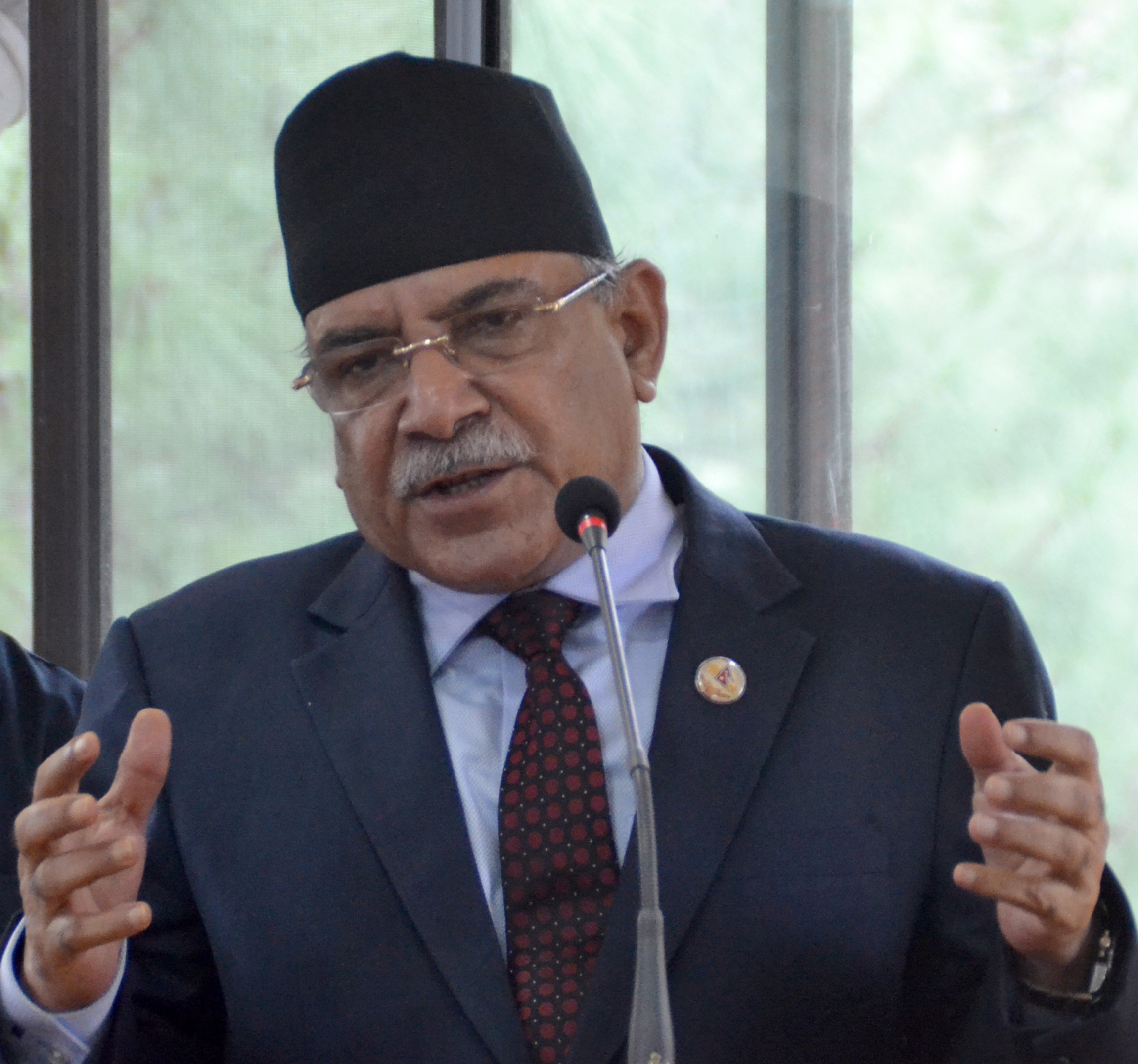'Omicron variant affects upper respiratory tract'

By Sharad Sharma, Kathmandu, Jan 12: The newly detected Omicron variant of the Coronavirus is said to be more transmissible than the previous Delta variant.
Though the Omicron variant is so far found to be less fatal, its spreading rate is faster.
According to Joint Spokesperson at the Ministry of Health and Population Dr Sameer Kumar Adhikari, the symptoms of the latest variant are alike to previously detected variants. The ongoing gene sequencing about COVID-19 shows the cases of the Omicron variant have soared, suggesting its high transmissibility.
Ministry Spokesperson Dr Sangita Kaushal Mishra said this variant affects the upper respiratory tract unlike past variants as they would have their implications in the lower respiratory tract or lungs. However, further studies about the consequences of the variant are underway.
In the past week, the virus affects 10 million people globally and the World Health Organisation suspects the highest contribution of the Omicron variant to the soaring infections. The virus can infect the vaccinated people as well that's why all should take precautions.
Itchy throat, breathing difficulty, sneezing, mild fever, congestion or runny nose are among the symptoms of the Omicron variant.
Health professionals advise following all the health protocols against the virus.
Recent News

Do not make expressions casting dout on election: EC
14 Apr, 2022
CM Bhatta says may New Year 2079 BS inspire positive thinking
14 Apr, 2022
Three new cases, 44 recoveries in 24 hours
14 Apr, 2022
689 climbers of 84 teams so far acquire permits for climbing various peaks this spring season
14 Apr, 2022
How the rising cost of living crisis is impacting Nepal
14 Apr, 2022
US military confirms an interstellar meteor collided with Earth
14 Apr, 2022
Valneva Covid vaccine approved for use in UK
14 Apr, 2022
Chair Prachanda highlights need of unity among Maoist, Communist forces
14 Apr, 2022
Ranbir Kapoor and Alia Bhatt: Bollywood toasts star couple on wedding
14 Apr, 2022
President Bhandari confers decorations (Photo Feature)
14 Apr, 2022











